Manufactured Homes
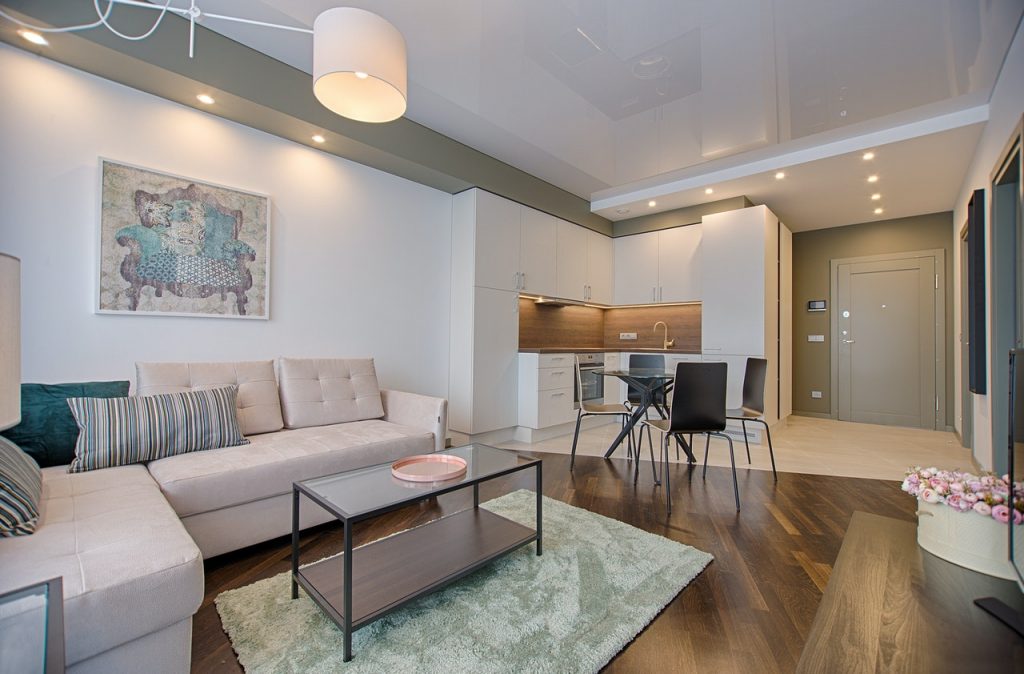
The Pros and Cons of a Double-Wide
If you don’t know what double-wide mobile homes are, they are prefabricated homes developed in factories and involve two similarly…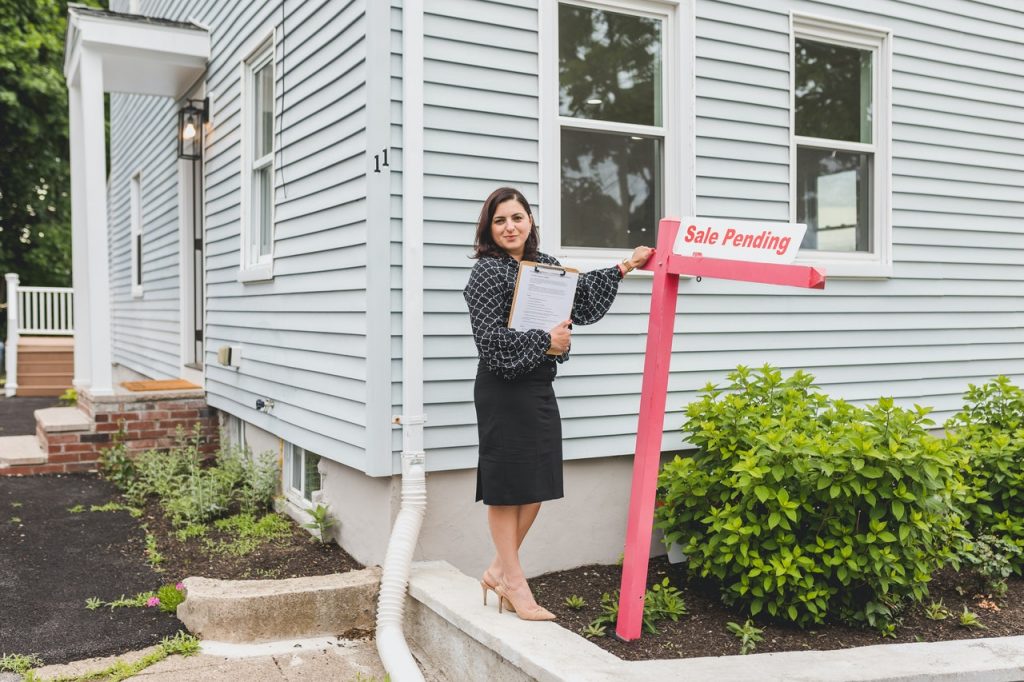
The Process of Buying a Manufactured Home
Manufactured homes have been the best alternatives for Boomers seeking to downsize, as well as Millenials struggling with student loans.…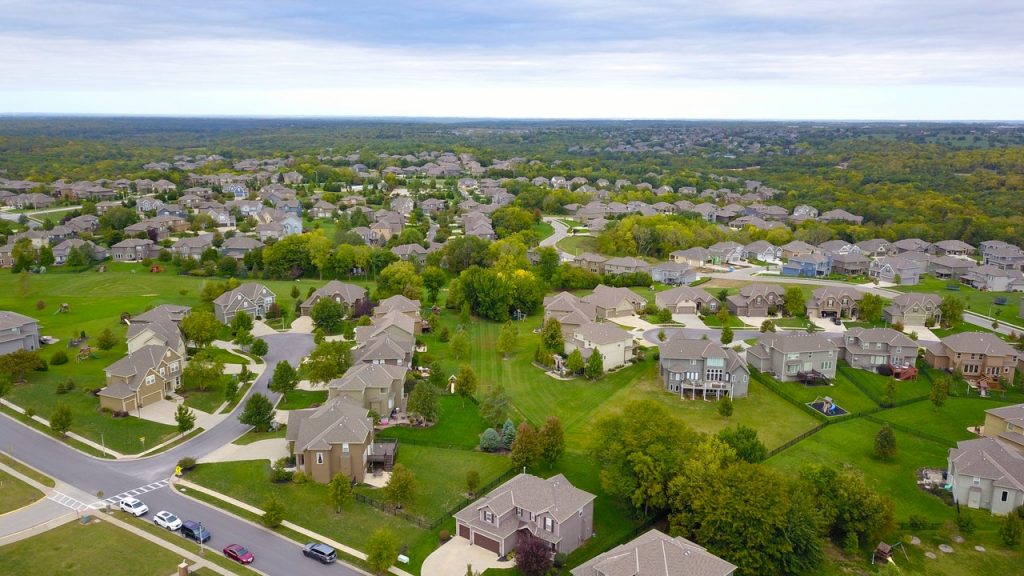
Cider Mill Crossings vs. Tyrone Woods Manufactured Community
Finding a place to settle down is challenging in itself, but the issue of getting a home to live in…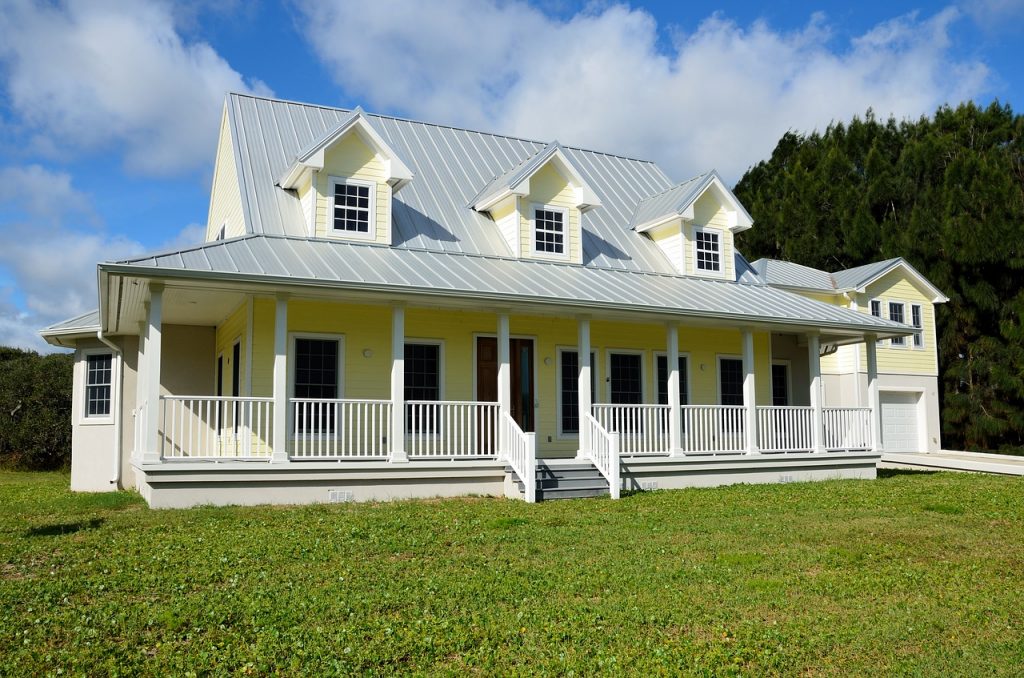
The Guide to Selling a Manufactured Home in Michigan
Are you aware that different states require different and unique strategies for you to succeed in selling houses? Each manufactured…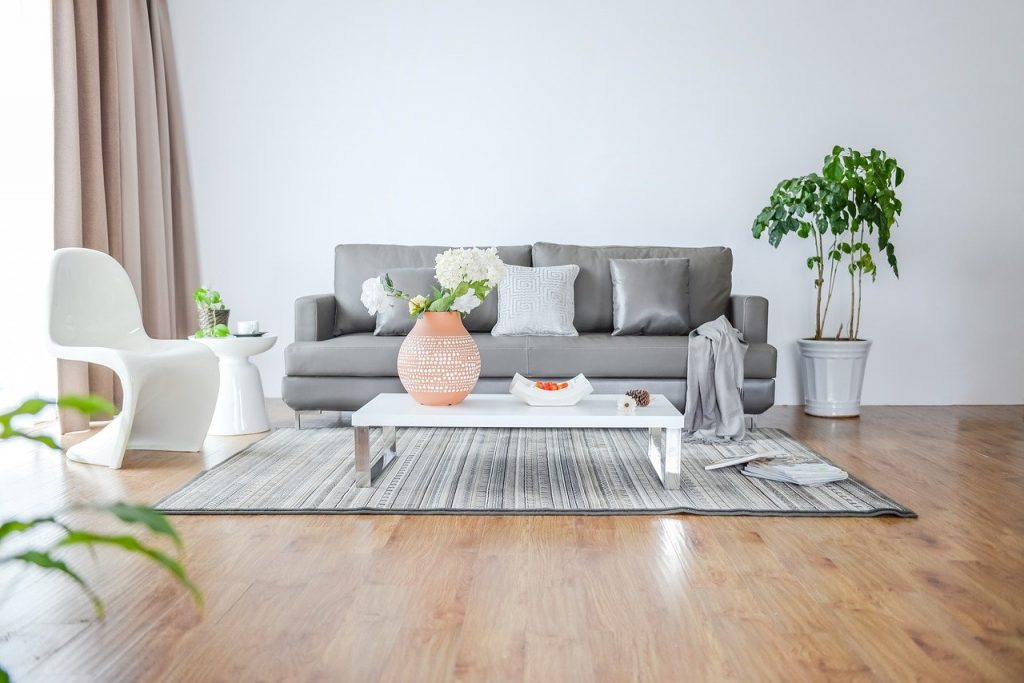
What is the Life Expectancy of a Manufactured Home?
Buying a manufactured home has many distinct benefits. Manufactured homes are inexpensive compared to apartments or site-built homes. The building…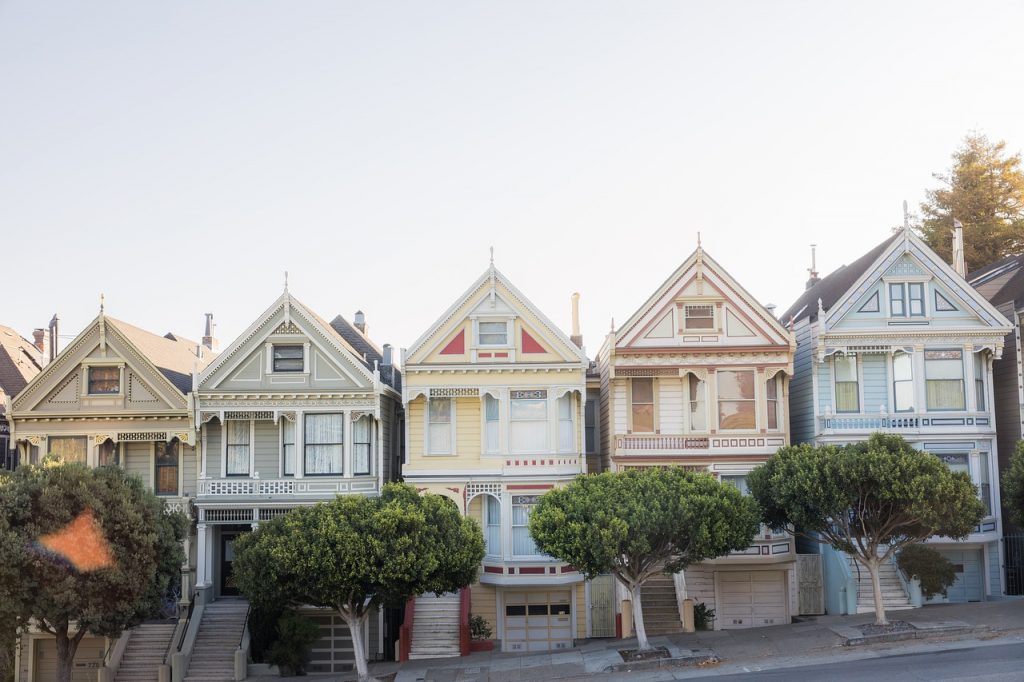
Living in a Manufactured Home: What are the Benefits?
Manufactured homes have seen positive growth since the first mobile home was launched several years ago in the real estate…
How to Increase the Value of a Manufactured Home
Mobile homes have become very popular over the years, much thanks to their affordability. These homes are also easier to…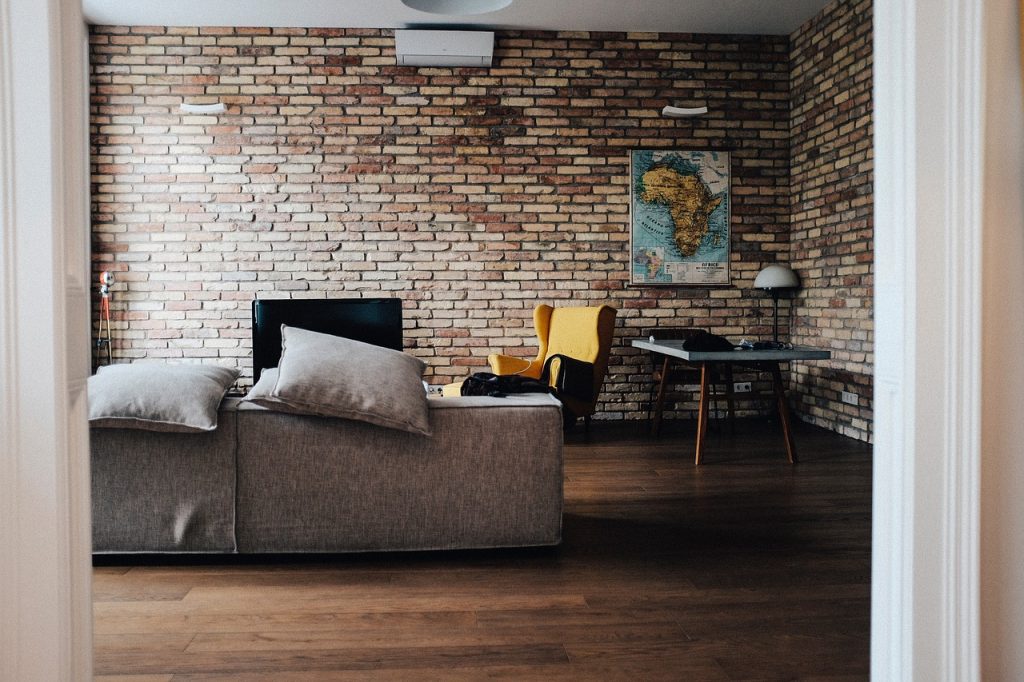
How Long Do Manufactured Homes Last?
More often than not, whenever the term mobile home is used, people are more likely to associate it with low…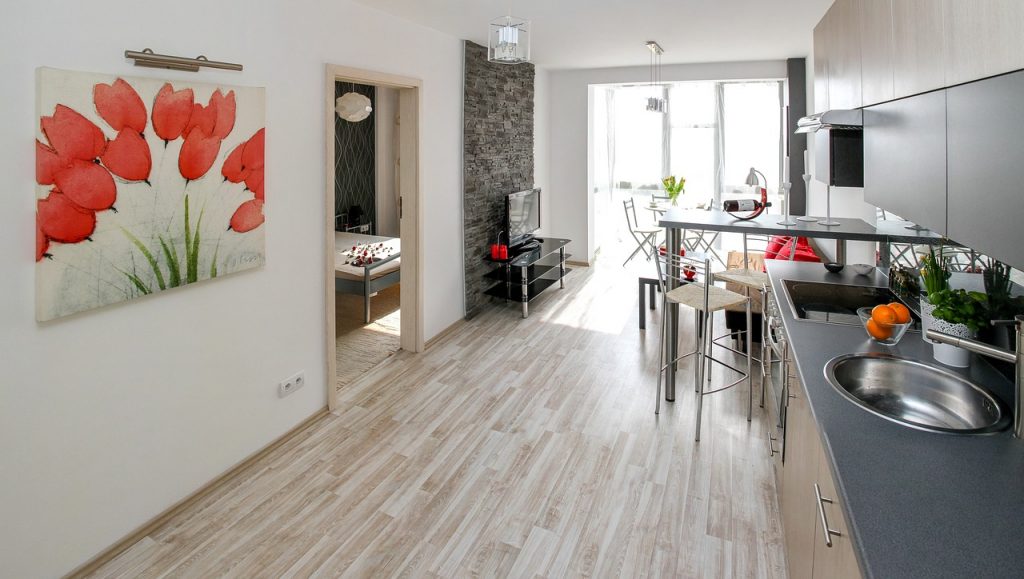
Manufactured Homes vs. Houses For Sale: Fenton, MI
Buying a new home is never an easy thing. It requires getting the right information, regardless of source, on several…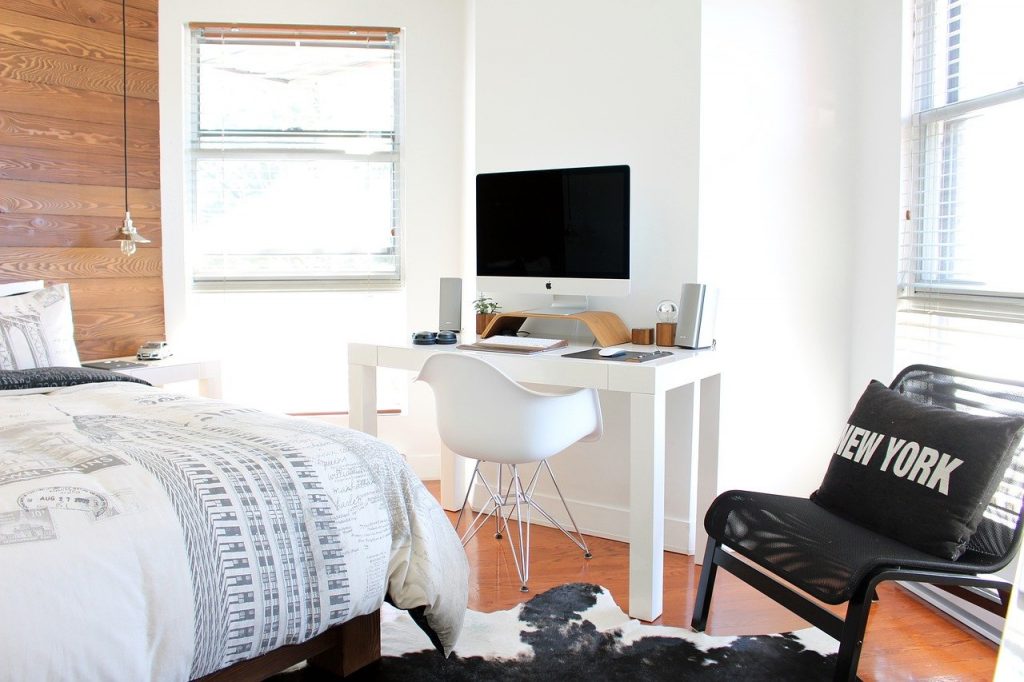
What is Manufactured Housing?
You’ve probably called them mobile homes for years without realizing it’s not really what they are referred to. Mobile homes…

